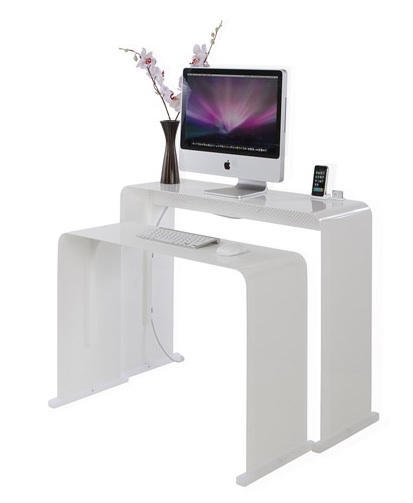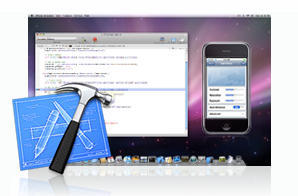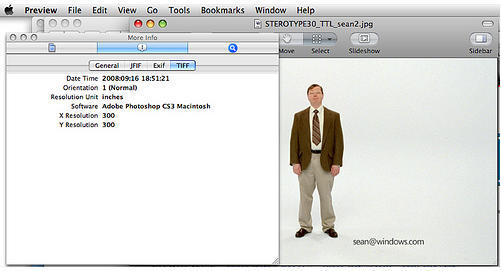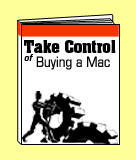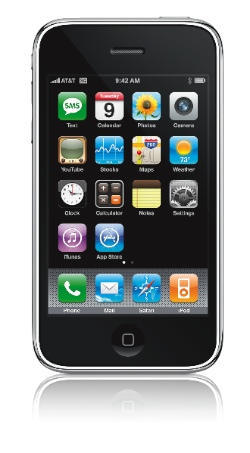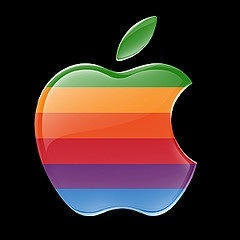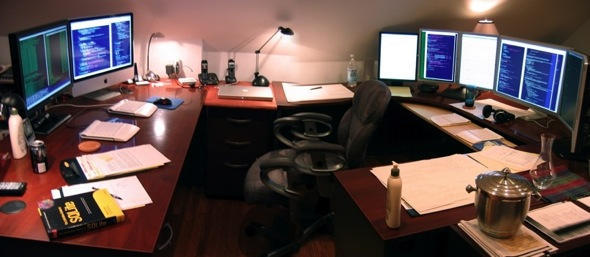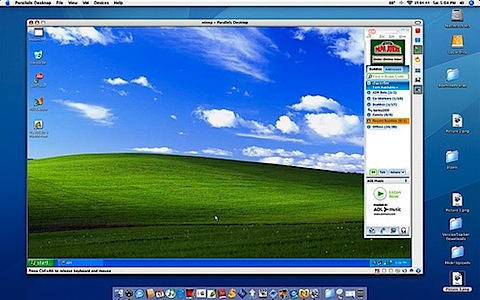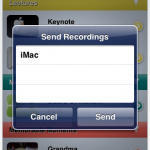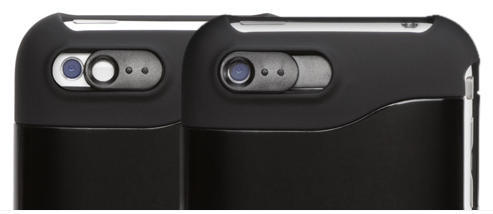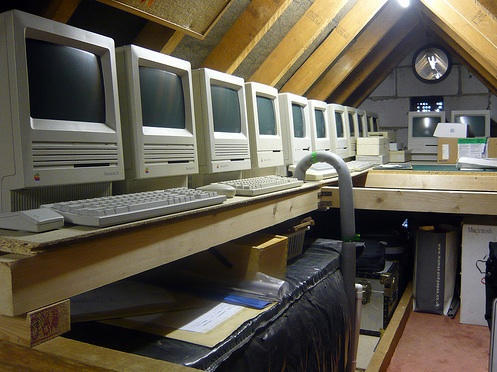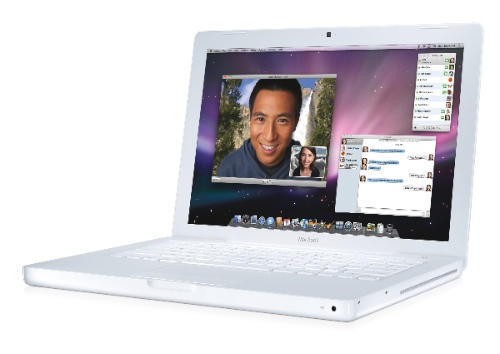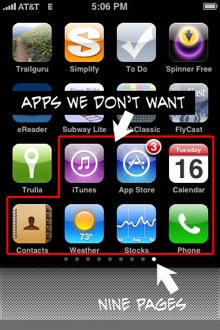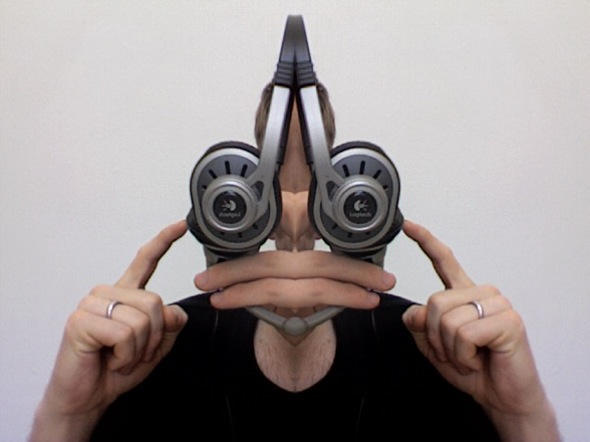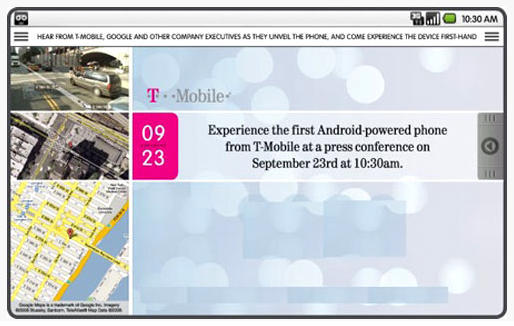UPDATE: The t-shirts are a protest from Murderdrome, the digital comic Apple banned from the iPhone App Store. As reader Alan notes in the comments, the t-shirts were handed out as protest by infuroiuscomics.com, the Northern Irish outfit behind the banned Murderdrome digital comic.
What is this t-shirt everyone is wearing at the grand opening of Apple’s first store in Northern Ireland?
Watch this BBC News report from the grand opening of the new store in Belfast this weekend. (“It’s absolutely mental,” says the delighted Apple fan above).
The overnight camping, high-fives and excited whooping are very much a part of grand openings in the U.S., but oddly, there’s one weird difference: Few people are wearing Apple shirts. Instead, half the crowd seems to wearing the same skull and bones shirt in either red or black.
Anyone recognize it?








